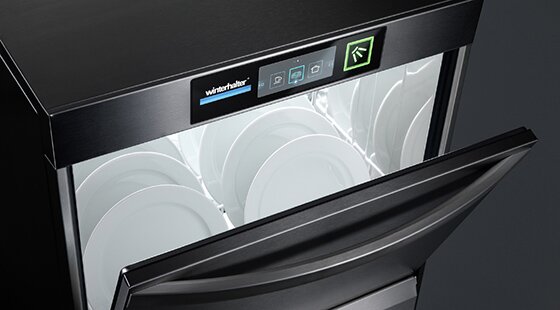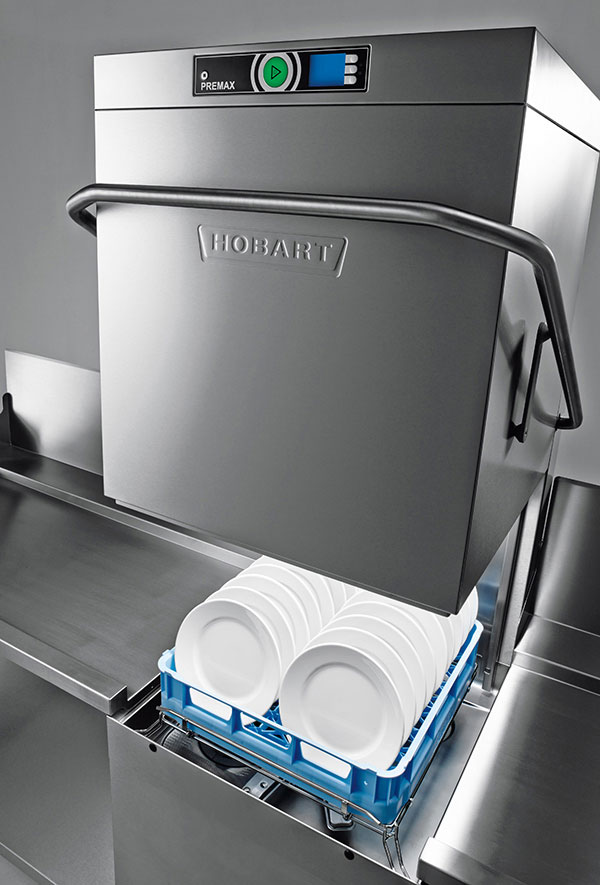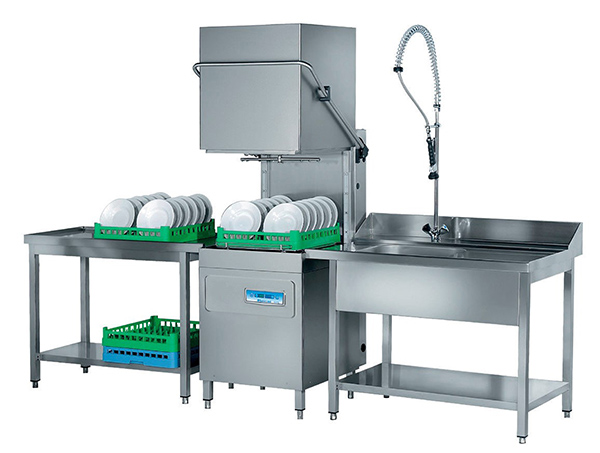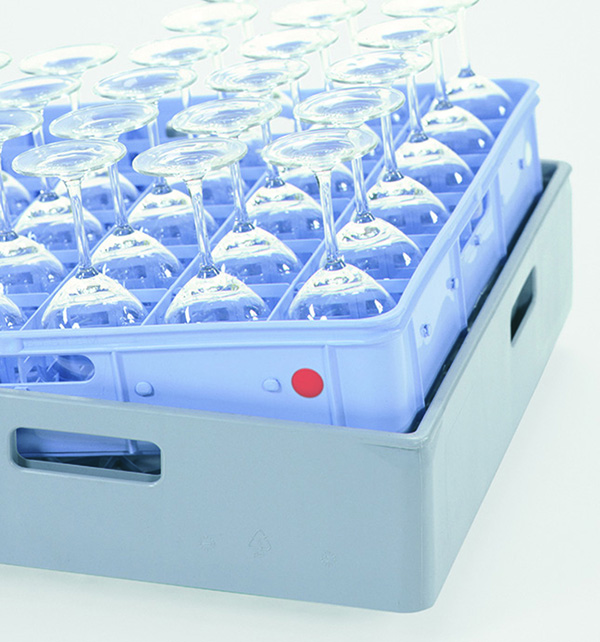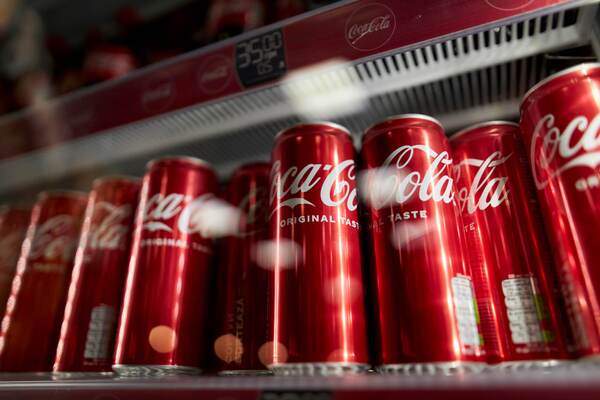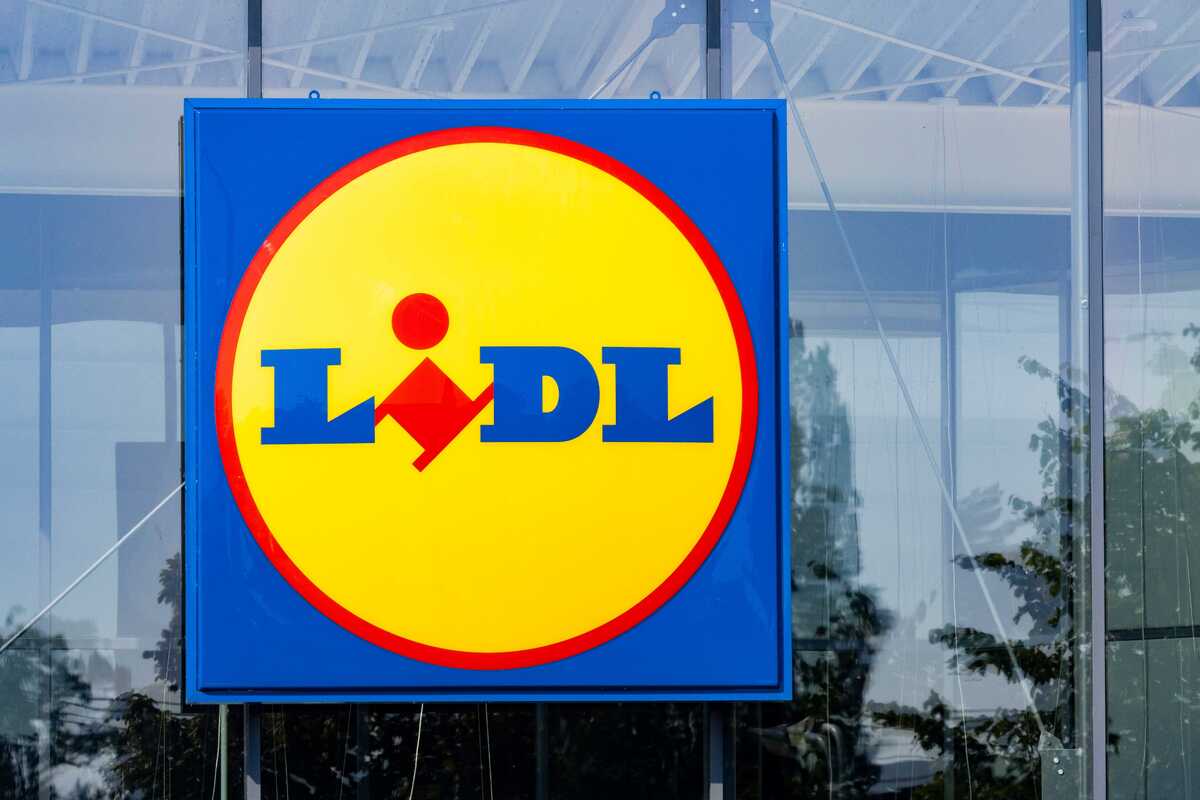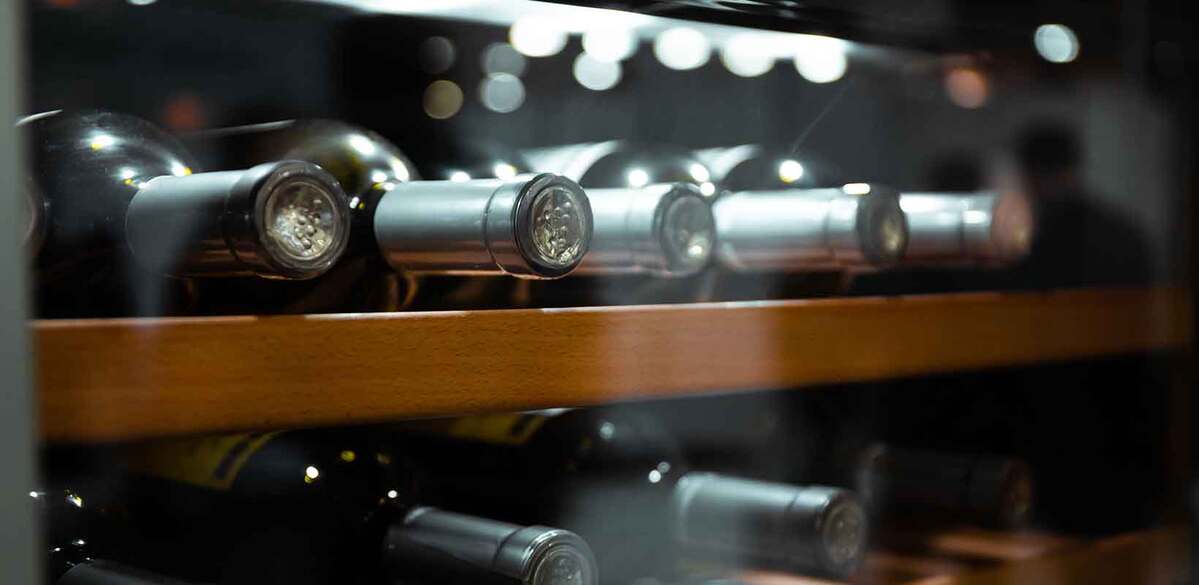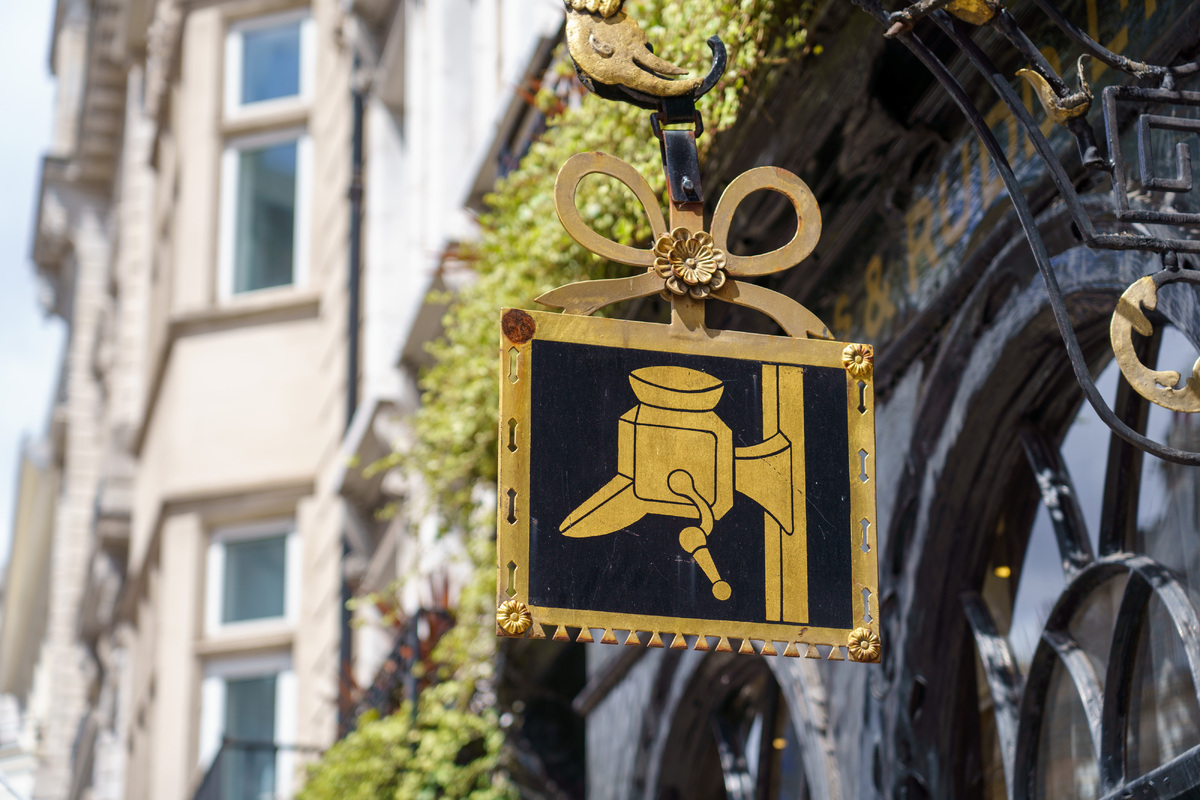Made to measure: how to choose the best warewasher for your kitchen
There are many decisions when choosing a warewasher, from which chemicals to use to the type of racks, but the most important is finding one that's the right fit for your operation and your staff so you can get the most out of the money you invest. Ian Boughton offers up some helpful advice
It is an entertaining but unhelpful paradox that a critical operation affecting every single catering operation in this country is massively researched in technological terms, yet carelessly disregarded by many of its operators.
"Around 70% of clients have given thought to how machines are used to best advantage," says John Nelson, managing director at Nelson Dish and Glasswashers. "These clients appreciate how a warewashing âsystem' can be a huge benefit in terms of increased capacity, productivity and savings. The other 30% just need to replace a non-functioning machine, fast. However, even a significant number of these are now open to embracing improved energy and water efficiency."
Nelson is an advocate of bespoke planning for the wash-up process. "By considering dishwashing as an integral part of your kitchen, you can create your best configuration in terms of location, storage, tabling, racking, shelving and waste disposal. When every centimetre of your space is maximised, your âsystem' will improve flow and storage, and your machine will be used to full capacity without wasting staff time."
There should be a bespoke solution to each scenario, says Mike McHardy, division manager at Holchem: "We know that teams do consider their requirements in relation to the menus being served, the space, time, staff skills and budgets. The issue is that team members move on and the cycle of training starts again, so operators need to be constantly looking at their regime to ensure it works."
Keep it simple, stupid
Planning is now the big thing, agrees Adam Lenton, marketing manager at Classeq, who believes the science of wash-up workflow goes much farther than bells-and-whistles machine technology. "Considerable user research has brought us back to the fact that manufacturers are over-complicating things, when what restaurateurs want is reliability, effective results and fast throughput.
"More than 75% of restaurant operators feel warewashers are needlessly complex; 83% say that they don't use or even understand all the programmes on them; and 96% say performance is more important than having the latest technology. So simplicity is the core - our ethos of âwarewashing made simple' is based on keeping our feet on the ground and delivering a product that is fit for purpose by considering the whole wash area and system, thinking about the process for items coming back, how these dirty items are loaded, how clean items are stored and returned to service, and how stations are clearly defined to avoid confusion. Technology is great, but it needs to be relevant."
It is smart management that gets the best from technology, observes Tim Bender, sales director of Hobart. "The warewasher is at a state where it is almost as fast as it can be, so it is in smarter integration with the human operator where we will see progress, and this is where we are trying to eliminate bits of the process. You will always need people somewhere in warewashing, and breakdowns can be caused by seemingly innocuous things like the incorrect loading of baskets. To combat this, we have innovations like the automatic soil removal system, which means dirty plates can be stacked directly in the rack and then transferred into the machine without the need for pre-washing.
"There is also now room for smart thinking with regard to the footprint of machines, and how to extract more capacity and performance from the same physical space. In the future, could we see smarter design, such as mobile equipment that can be moved to one side when not in use, so a prep area in the morning becomes a wash-up area later."
Look for smart ways of working and of acquisition, says Paul Crowley, marketing development manager at Winterhalter: "Top-of-the-range machines can now be acquired in a more affordable fashion using finance models such as pay per wash, which offers a new appliance, complete with racks and chemicals, with no up-front cost, and the operator pays only when the machine is in use.
"Aim for machines that can be installed in corners and look for features that reduce the need for additional extraction. Recycling the steam saves money and improves air quality at the same time. Look at machines that offer wash cycles that help reduce water and electricity usage. Buy detergents that are manufactured from vegetable extracts, and go for concentrated products - they save space in the cupboard and last longer than the diluted ones.
"Make sure you have a care package in place - there's nothing worse than having the machine out for a spell, forcing your staff to drop their normal tasks and step in to wash by hand."
In perfect harmony
Smart management can avoid many of the reasons machines go out of service. Caterers' main gripes are of dishes, glassware and cutlery not coming out clean enough, of limescale build-up and the cost of chemicals. The manufacturers protest that operating staff prepare dirty plates badly, set the wrong wash times, use chemicals incorrectly and that sites have poor water pressure.
All of these have an effect: leftover food âsoil' on plates can clog jets, damage the pump impeller and, at the least, cause a re-wash. The wash time has to be right for the chemicals to work effectively, and critically, say suppliers, too many staff use more chemicals in the attempt to get a better result - and this simply wastes money.
"Warewashers are the Cinderellas of the kitchen," says Derek Maher, managing director of Crystaltech. "They work hard and are relied on, but they are mistreated. Our engineers are often called out to a breakdown where poor water quality has been the cause - an element can cost a few hundred pounds, but for every millimetre of scale, the appliance uses about 17% more power, so you have a knock-on effect of the element burning out."
A Meiko client, the Belton Garden Centre in Grantham, has gone so far as to say that the dishwasher might be the most important part of a kitchen - because if it fails, all service might have to stop for lack of crockery. This is where wise service planning becomes vital, says Meiko's managing director Paul Anderson: "This must be high up your list of priorities. Unlike some catering equipment engineers, warewashing engineers support only one product range and may carry 200 parts to ensure a first-time fix. Many smaller machines are sold through distributors, so you need to be sure they can provide the right level of support."
Too many operators simply choose the wrong machine, says Steve Bowler, category manager at Electrolux Professional. "This can be incredibly expensive because having the wrong warewasher will undoubtedly cost you more in the long run. Many problems can be avoided if the red flags are spotted early enough.
"Cheaper models can cost a fortune to run over the course of their working life, and a warewasher that is under-specified may give you a huge backlog of dirty crockery in peak periods, which will have a knock-on effect on service. But buying one that is too big can mean paying more than what you really need to in electricity, water and detergent. The machine needs to suit the amount and type of items being washed, and so do the baskets inside; different baskets will hold a different combination of items, and half-full baskets mean utilities are wasted on washing air."
Ensuring the turnaround time matches your table turnover time is the practical suggestion from Miele. For fast turnaround, the answer might be a tank dishwasher. This is generally a small machine, with pros and cons: it holds water in a tank, which takes up internal space and may leave less room for dishes; the tank is constantly heated, so even when the machine is idling, there are energy costs. On the other hand, it efficiently recirculates its water and also has very short cycle time. So, says Miele, the decision depends on usage - the decision point between a tank machine and a fresh-water machine may tip at about 40 cycles a day.
There was a serious suggestion quite recently by an educational management organisation that specialist glasswashers are not always essential, as modern dishwashers can handle delicate items. But Nelson warns that it may be a false economy: "Most busy operations will need both. Although they are essentially the same machine, they are calibrated very differently: dishwashers use stronger chemicals, have a longer wash time to cope with food residues and need a higher temperature that would be damaging to glassware."
Take the strain
Ergonomics are a major topic for wise planning, for both health and operational reasons. The weight of dish and glass racks is blamed for strain injuries, and staff complain about identifying which items are in which rack. "The ideal is maximum results with minimum effort," says John Shepherd, UK manager at Wexiödisk. "We believe it is our duty to allow for a simplified, efficient process, no matter the skill-set of staff, and this focus on the operator has culminated in a host of features, such as automatic lift-and-close hoods, which prevent the repetitive motion injuries that are a hazard for kitchen porters."
Repetitive lifting and lowering of the hood can contribute to back and shoulder pain, agrees Meiko. "Lifting the hood equates to about the same as hoisting a bucket of water above your head, and during a busy evening shift, the hood may be raised 120 times. Time is often wasted because operators need to stop once or twice during the lift to allow steam to escape. The new Meiko automatic hood allows staff to get on with their jobs."
Rack âem up
Trays and racks can offer time-saving features, says Luke Carman, sales manager for Cambro. Racks should protect glassware both during washing and then become storage while glasses are waiting to be re-used, so Cambro has devised the Camrack, an enclosed and portable hygienic unit in which closed outer walls keep fingers and contaminants away from the glasses, but with colour coding and ID clips to identify contents.
Artis now has its GoldPlas compartmental racking system for washing, transporting and storing glassware. This allows storage of glassware in divisional compartments, all within strong, stackable racks. The racks are placed straight into the machine and then stacked on a wheeled dolly, ready for the next drinks service.
And, at last, someone has designed a rack to suit the human as well as the machine, remarks BGL Rieber of its Nordien dishwasher baskets. A basket spends much of its time outside the machine, says the company, and can often be heavy and awkward to hold with sharp edges and corners. Nordien baskets have round corners and soft edges and can be carried by staff on one arm.
Smarter working may now involve the âinternet of things', and connectivity of dishwashers will be a big step forward, says John Whitehouse, chairman of the Catering Equipment Suppliers Association. "This has potentially huge benefits - a machine warning of impending component failure will save downtime, and information from multiple sources may identify why one warewasher uses less energy than others in sites that are just as busy."
This is why Diversey has created IntelliDish, an analytical software which works across all kitchens in an operator's estate, monitoring and reporting information on many aspects of performance and sending alerts if energy, water or detergent usage exceeds predetermined limits. Disruption to dishwashing costs money in many ways, says the company - rewash rates can reach as high as 10%, and a measurable figure of dishwashing costs even comes from breakages caused when kitchens have been forced to wash dishes manually.
Suppliers
Artis
020 8391 5544
www.artis-uk.com
BGL Rieber
01225 704470
www.bglrieber.co.uk
Cambro
07985 304027
www.cambro.com
CESA
020 7793 3030
www.cesa.org.uk
Classeq
0844 225 9249
www.classeq.co.uk
Crystaltech
0370 350 2424
www.crystaltech.co.uk
Diversey
0800 525525
www.diversey.com
Electrolux
08443 753444
www.electrolux.co.uk/professional
Hobart
0844 888 7777
www.hobartuk.com
Holchem
01706 222288
www.holchem.co.uk
Meiko
01753 215120
www.meiko-uk.co.uk
Miele
0844 8936907
www.miele.co.uk
Nelson
0800 592833
www.nelsonwash.co.uk
Wexiödisk
07968 558389
www.wexiodisk.com/en
Winterhalter
01908 359000
www.winterhalter.co.uk
Get The Caterer every week on your smartphone, tablet, or even in good old-fashioned hard copy (or all three!).



